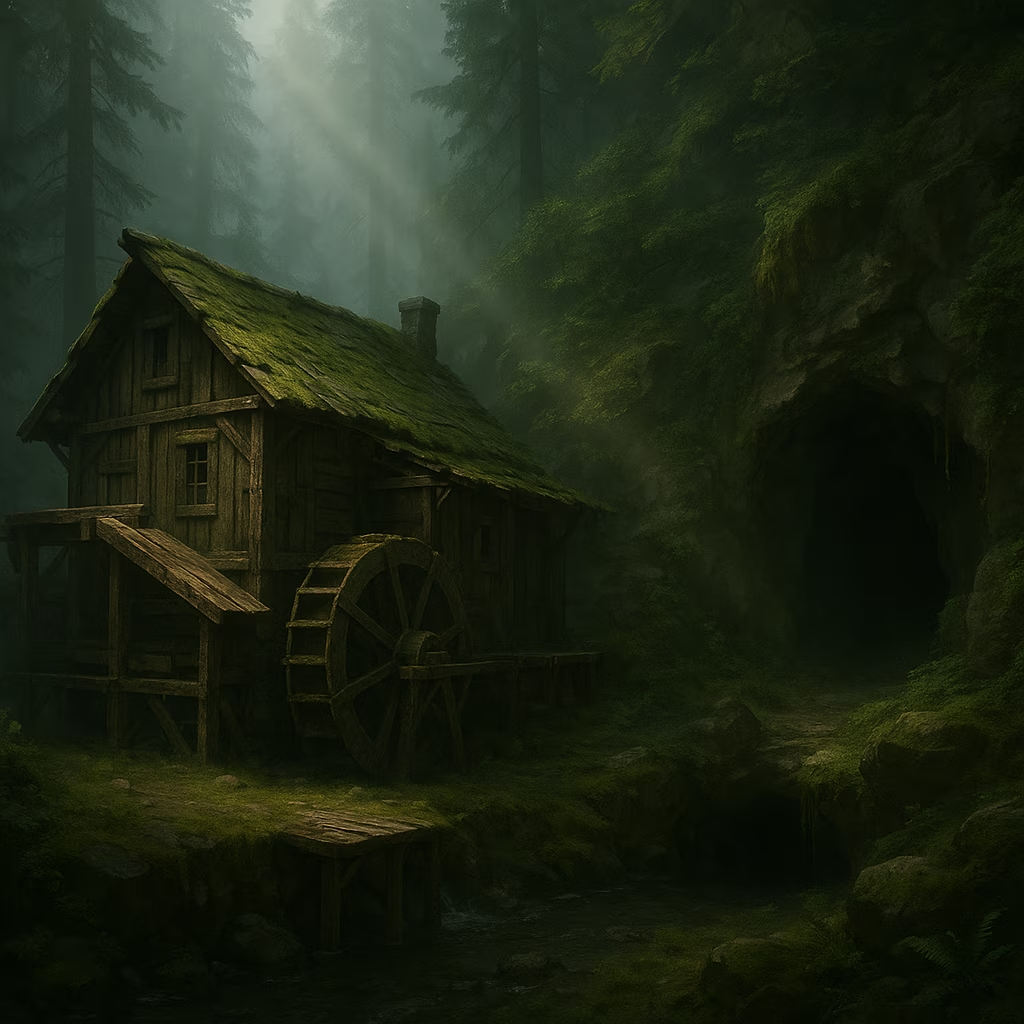Modern CRPG Renaissance and The Rise of Asgard's Fall
Discover the thrilling evolution of CRPGs in 2025, from Baldur’s Gate 3 to the innovative Asgard's Fall, blending deep storytelling with dynamic, fast-paced combat.
Stepping into 2025, I'm thrilled to witness the golden age of Computer Role-Playing Games (CRPGs) flourishing like never before. While timeless classics paved the way, groundbreaking modern titles have masterfully blended deep storytelling with contemporary mechanics, attracting both veterans and newcomers. Among these, Larian Studios' Baldur’s Gate 3 stands as a monumental achievement, revolutionizing the genre with its unparalleled player agency, cinematic presentation, and faithfully adapted Dungeons & Dragons mechanics. Its ripple effect has elevated other gems like Owlcat Games' Pathfinder: Wrath of the Righteous and Obsidian's Tyranny, proving that rich narratives and complex systems still captivate audiences globally.
Yet, innovation continues! Soulpotion's Asgard's Fall emerges as a bold newcomer, injecting fresh vitality into the scene by fusing CRPG depth with Roguelite adrenaline and Norse mythology. As I explored its realms, I was struck by how it reimagines familiar elements:

The epic scale reminiscent of Baldur's Gate 3, now echoed in Norse sagas.
🪓 What Makes Asgard's Fall Stand Out?
-
Mythic Heroes & Dynamic Skills: Choose fierce warriors or agile huntresses, each boasting unique skill trees. A versatile dynamic skill system lets you craft devastating combos, strategic buffs, and tailor-made playstyles far beyond passive stat boosts.
-
The Web of Fate: This ingenious meta-progression system allows you to place powerful "knots" on a cosmic web, actively shaping destiny and unlocking persistent enhancements like War Paint Runes between runs – a brilliant twist on traditional talent systems.
-
Survivor-Style Intensity: Experience relentless, wave-based combat where you face monstrous hordes from the Nine Realms. It’s faster-paced than tactical turn-based giants like Wrath of the Righteous, yet equally demanding in mastery.
-
Roguelite Replayability: Every run feels distinct, driven by randomized skill offerings and evolving strategies shaped by your choices within the Web of Fate.
⚔️ How It Compares to the Titans
While Baldur’s Gate 3 offers unparalleled narrative branching and companion depth, Asgard's Fall focuses on visceral, replayable combat loops. Unlike Pathfinder's staggering class complexity or Disco Elysium's cerebral detective work, Asgard's Fall prioritizes kinetic action and build experimentation within its Norse apocalypse. It shares Pillars of Eternity 2's flexibility by offering variable combat speeds, ensuring accessibility without sacrificing challenge.
Visualizing the fast-paced, skill-driven battles against mythical beasts.
🌌 Why CRPG Fans Should Embrace This Newcomer
The genius lies in its fusion: the strategic depth and character building core to CRPGs (akin to Divinity: Original Sin 2) meets the addictive, session-based intensity of Survivor-likes. Facing towering bosses from Norse lore feels both epic and personal, fueled by the progression systems woven into the very fabric of your hero's destiny. It doesn't replace narrative giants but offers a thrilling, action-oriented counterpart within the CRPG umbrella.
People Also Ask: CRPG & Asgard's Fall FAQs
| Question | Answer |
|---|---|
| Is Asgard's Fall story-driven like Baldur's Gate 3? | It focuses more on environmental lore & progression through the Web of Fate than intricate companion narratives, prioritizing replayable action. |
| Can I customize builds like in Pathfinder: WotR? | Yes! Its dynamic skill system & Web of Fate offer deep, flexible customization for diverse playstyles per run. |
| Is it multiplayer? | Currently, Asgard's Fall is a single-player experience focused on personal progression. |
| How "Roguelite" is it? | Strongly. Expect permadeath runs with persistent meta-progression via the Web of Fate unlocking permanent power boosts. |
| Does it require knowledge of Norse myths? | Not at all. It uses the setting powerfully but stands on its own gameplay merits. |